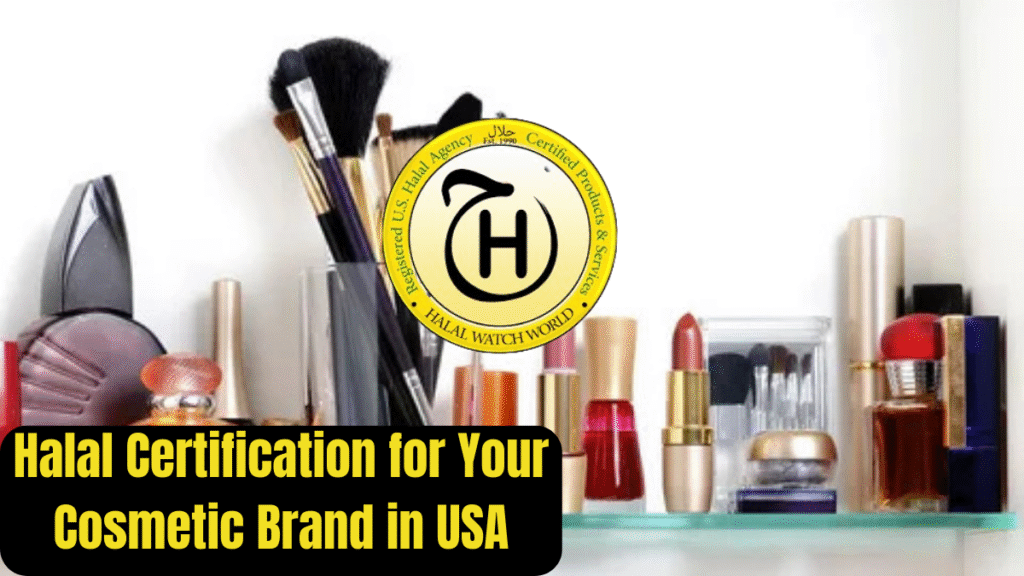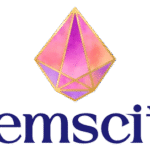The market for halal-certified products continues to expand in the United States, driven by a diverse consumer base seeking items that align with their values. For cosmetic brands, securing halal certification opens doors to new customers who prioritize compliance with Islamic principles. This process verifies that products contain no forbidden substances and follow strict production guidelines. Brands that achieve this status often see increased loyalty and sales growth among Muslim shoppers and others interested in ethical sourcing. With the right approach, obtaining this endorsement becomes a straightforward path to building trust and expanding reach.
What Halal Means for Cosmetics
Halal refers to what is permissible under Islamic law, extending beyond food to include beauty items. In cosmetics, this involves ensuring all components are free from elements like pork derivatives, certain alcohols, or animal parts not processed correctly. Products must also avoid contamination during creation. This standard appeals to a wide audience, including those looking for clean formulations without harsh additives. Many consumers view halal labels as a mark of quality and safety, making it a smart choice for brands aiming to stand out.
Preparing Your Brand
Before starting the journey, review your current lineup. Identify all ingredients and suppliers to confirm they meet basic requirements. This might mean switching to plant-based alternatives or verifying sources for things like glycerin. Document everything, from raw materials to packaging. Train staff on proper handling to prevent issues. A thorough internal check helps spot gaps early, saving time later. Focus on creating a system that supports ongoing adherence, such as dedicated equipment or clear protocols for cleaning.
Submitting the Application
Once ready, reach out to a halal certifying company for guidance. Provide details about your operations, including formulas and facility layouts. Expect to share certificates from vendors and descriptions of how items are made. Fees vary, but they cover reviews and visits. After submission, a team examines the paperwork for compliance. Address any questions promptly to keep things moving. This stage sets the foundation, so accuracy is key.
Undergoing Inspection
An auditor will visit your site to verify practices. They check for separation of materials, sanitation methods, and overall flow. Interviews with employees ensure everyone understands the rules. If problems arise, you’ll get a list of fixes needed. Correct them quickly, perhaps with photos or updates. Remote follow-ups might suffice for minor adjustments. This hands-on evaluation confirms that your setup matches the submitted information.
Receiving the Certificate
With approvals in place, the certificate arrives, typically valid for one to three years. It allows use of a logo on labels and promotions. Celebrate this milestone by updating marketing materials. Share the news with customers to highlight your commitment. Keep records organized for future renewals. This achievement signals reliability to buyers.
Sustaining the Status
Certification isn’t a one-time event; it requires upkeep. Schedule regular checks and stay current on standards. Monitor suppliers for changes and retrain teams as needed. Renew before expiration to avoid lapses. Track consumer feedback to refine offerings. Consistent effort maintains the endorsement and supports long-term success.
A Look at Halal Watch
Halal Watch World stands as a prominent player in usa halal certification, based in the United States and accredited by relevant authorities. With decades of experience, this organization assists companies across sectors, including beauty, to meet global standards. Their approach emphasizes credibility and integrity, guiding clients through audits and documentation with tools like secure portals and remote assessments. For brands, partnering with them means accessing markets that value trustworthy labels. They follow international norms, ensuring products comply from sourcing to final output. This focus on thorough processes helps build consumer confidence.
Benefits of Certification
Gaining halal cosmetics certification boosts visibility in a crowded sector. It attracts shoppers who seek assurance that items respect their beliefs. Beyond that, it often leads to better supply chain practices, reducing risks. Many find it aligns with trends toward natural and cruelty-free options. Sales data shows certified lines perform well in diverse communities. Plus, it differentiates your brand from competitors lacking this feature.
The demand for such products rises as populations grow and awareness spreads. Reports indicate the global halal beauty segment could surpass significant figures in coming years. For American firms, this presents opportunities to tap into both domestic and export chances. Embracing halal certification services enhances reputation and fosters inclusivity.
In the realm of halal certification cosmetics, attention to detail pays off. Brands that invest here often report stronger connections with audiences. It’s about more than rules; it’s creating items everyone can enjoy without concern.
Exploring halal certification in cosmetics reveals its role in promoting transparency. Consumers appreciate knowing what’s inside their favorites, leading to repeat purchases.
For those in the industry, cosmetics and personal care certification adds value. It signals a dedication to high standards, appealing to ethical buyers.
Finally, halal certification for cosmetics positions your brand for growth. In the USA, where diversity thrives, this step can transform how customers perceive your offerings.
Read more exciting news on coyyn.site


